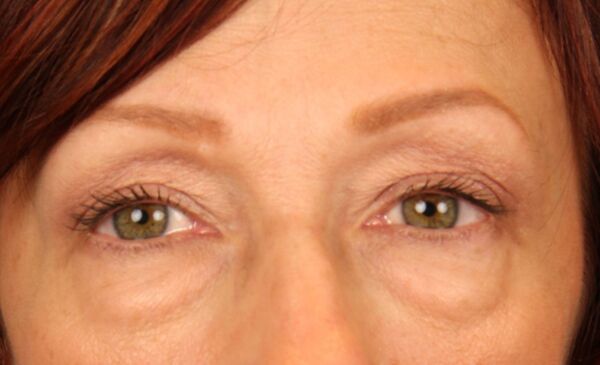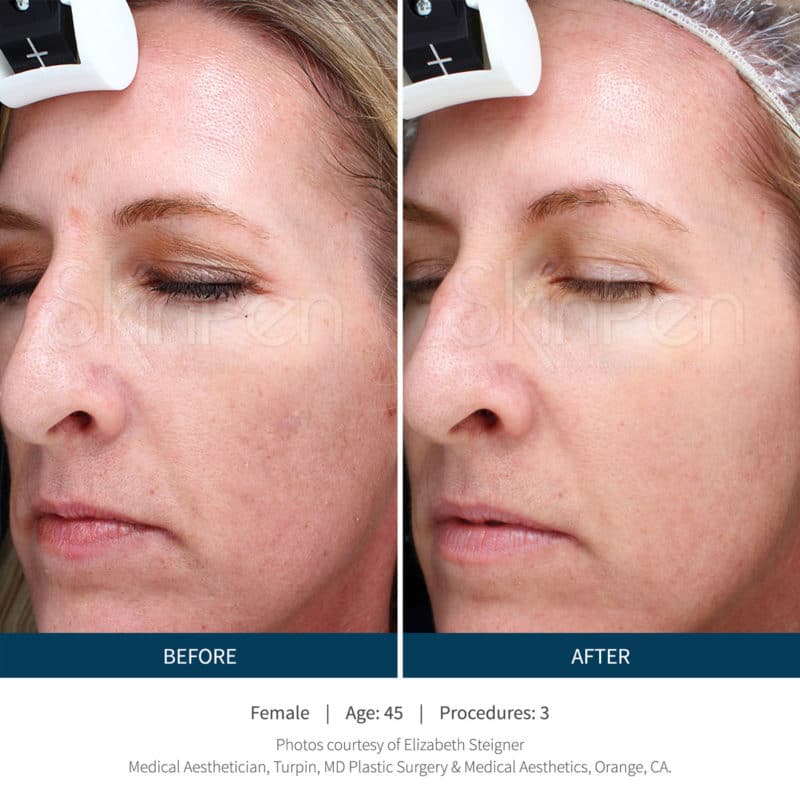
High-intensity focused ultrasound (HIFU) is a high-tech treatment for prostate cancer that is not invasive. Non-ionizing ultrasonic waves are used to increase blood circulation and lymph flow. It also uses mechanical, thermal, and thermomechanical mechanisms to damage tissue. It is considered an alternative to surgery that is safe and effective.
HIFU is a revolutionary high-tech approach to treating prostate cancer
HIFU (High-Tech Injection for Prostate Cancer) is a high-tech treatment. The procedure targets a small amount of tissue about the size of a grain rice and destroys it in one session. HIFU uses a safe, non-radiant energy source. If necessary, patients can receive multiple treatments.
HIFU uses an ultrasound probe to deliver ultrasound sound waves directly to the prostate. The sound waves target cancerous cells, while sparing healthy tissue. The treatment can take from two to three hours. It includes real-time imaging and analysis of the prostate gland to confirm the treatment is targeting cancerous cells. Minor side effects are rare and usually resolve within a few hours.
It is a painless, non-invasive alternative to surgical facelifts
HIFU is a non-invasive treatment for facelifts that does not leave any incisions or scars. It's also cheaper than surgical facelifts. It can improve the tone and appearance of your face. HIFU can be performed before or after a surgical facelift procedure to improve facial contours.

This treatment uses high intensity focused ultrasound energy to heat facial tissue. It results in smoother, firmer skin. The treatment is safe and can be visible within a few weeks. In fact, HIFU is considered a good alternative to surgical facelifts for younger people. Before you decide to undergo this procedure, however, it is important that you consult a doctor. The surgeon will be able to provide you with an accurate diagnosis and determine if HIFU is right for you.
It can cause damage and irritation to blood vessels, nerves, and other systems that regulate erections.
Hifu, a surgical procedure that uses high-intensity focused ultrasound energy to target cancer cells in the prostate, is called a surgery. The procedure is typically limited to a small part of the prostate. The procedure can cause side effects such as damage to blood vessels and nerves. Radiation therapy is not an effective treatment for prostate cancer. However, it may be an option for abdominal surgeons.
Patients are discharged within 24 hours. The procedure takes between one and four hours, as it is minimally invasive. Most patients will experience no side effects. It can however cause erection issues. However, it is less likely than surgery to cause bladder problems or urinary incontinence.
It is a complex procedure that takes a very short recovery time.
Hifu (or high-intensity ultrasound) is a complex procedure that targets tumors with ultrasonic waves. The procedure can be done under general anesthesia, and it takes around two to four hour. The procedure involves inserting an ultrasound probe into the patient's rectal. The probe ends are equipped with a transducer. These sound waves are highly focused and emitted through the rectal wall, destroying cancerous tissue and damaging nearby structures.
While the HIFU treatment is safe for most patients it is not suitable for all. This treatment may not be suitable for people who have photodamaged or loose skin. People with severe acne or open skin lesions should not have the procedure.

It is only available in specialist centres or as part of a clinical trial
Patients with advanced prostate disease are usually eligible to receive HIFU treatment. It is performed outpatient. A MRI scan of prostate is required to identify the location of the tumor. This will help the surgeon to target the correct area of the prostate for treatment.
HIFU affects the skin's collagen protein and elastin protein. These proteins are essential in maintaining the structure and foundation of the skin. As we age, these proteins begin to break down and become wrinkles and lines.